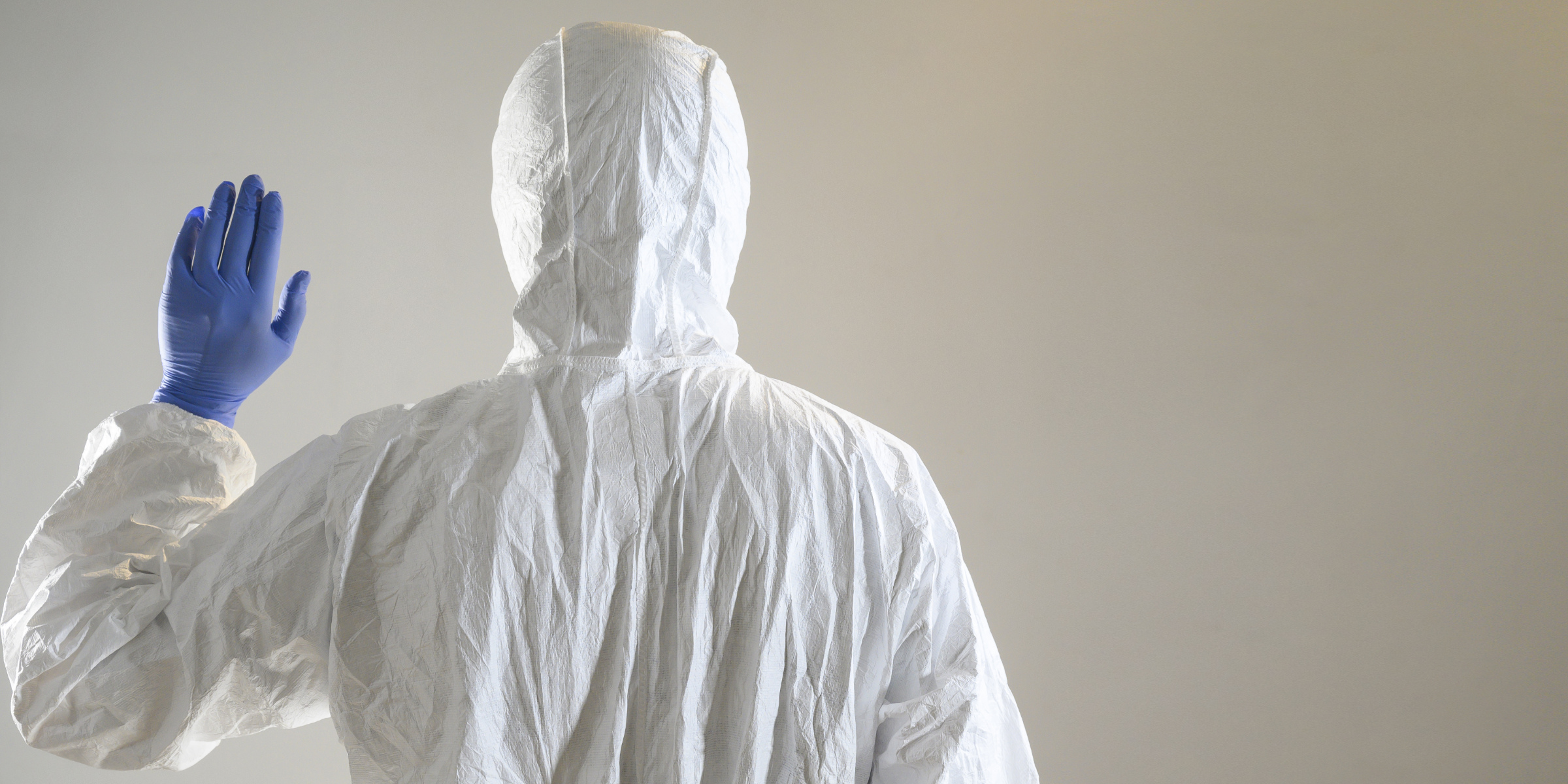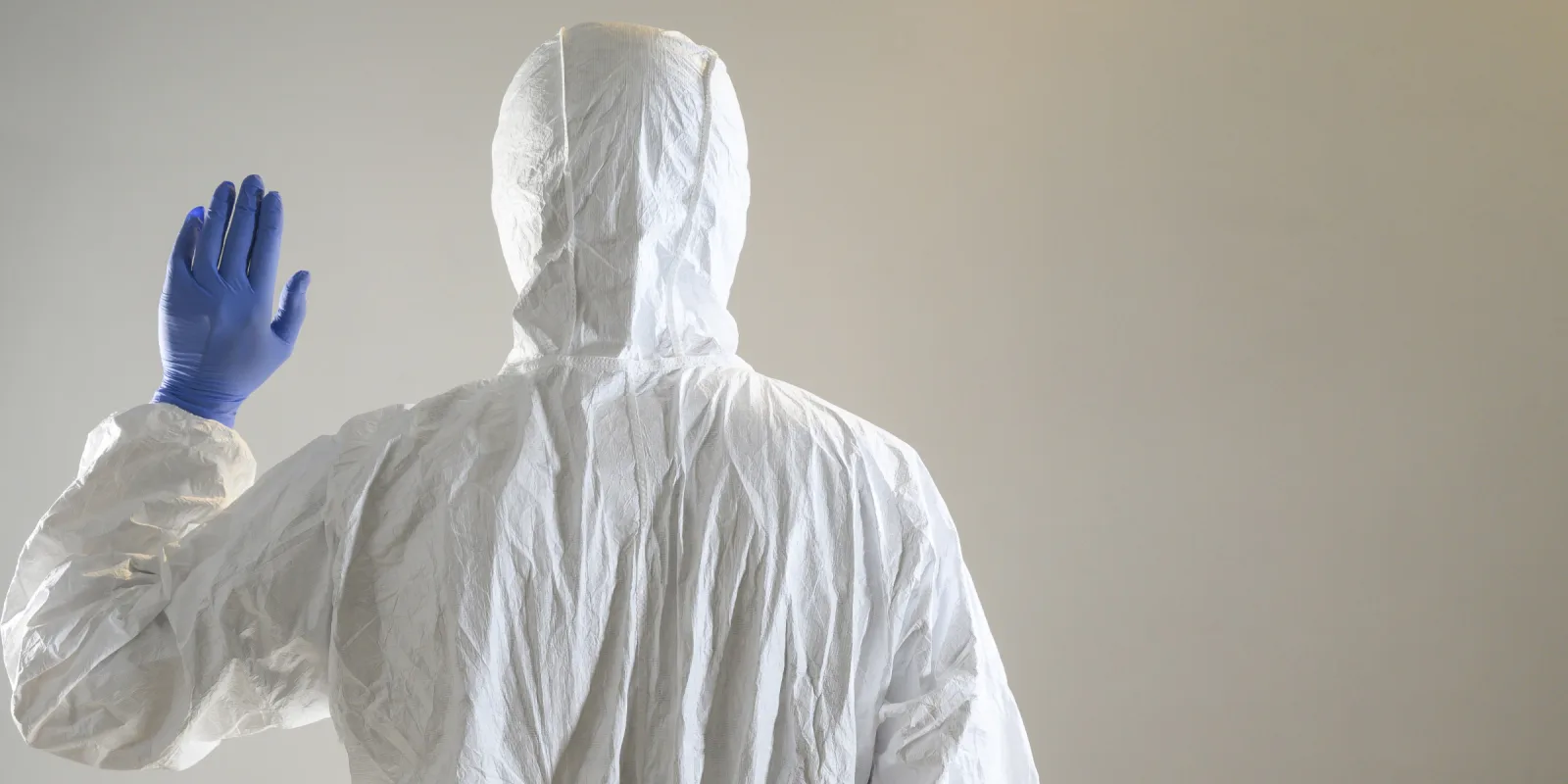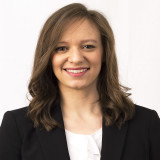
A pang of guilt suddenly rolled up from my belly as I heard my father say from the other end of the call, "I wish there was something I could do to help." He was working from home because of the COVID-19 pandemic and meanwhile, I was on my way to the hospital with a large coffee in hand, complaining because I was about to begin a 12-hour night shift.
I'm a third-year medical student and I was pulled from clinical rotations. However, the hospital requested that we assist them with screening visitors at hospital entrances for signs of symptoms. I've heard people around me say that using medical students to screen visitors is not the best way to utilize our skills. I've heard others say that we are non-essential personnel and shouldn't be in hospitals at all.
How can one person be both valuable and non-essential at the same time? I think "essential" status might depend on the individual student.
During my clinical training, I have made a point to learn everything that I could from every person in the hospital. Even though it’s impossible to learn everyone's job, I've gained a deep appreciation for the skills of each health professional.
Over the course of this year, I've done many "doctor" tasks like seeing patients and writing notes, but I've also jumped at opportunities to put in IVs, deliver food trays, drive laparoscopic cameras, and transport patients. And I've done all of these things gladly. So when my host institution asked for students to screen visitors at entrances during the pandemic, I was disappointed that I couldn't finish my rotation, but I was glad to help the people that have taught me so much. (And, to be clear, the request to volunteer from the hospital sounded more like, "please help us, we are going to need you," and less like an accommodation for students who were pulled from rotations.)
There is an argument that students will be exposed to great risk while working at hospitals, and I agree. But then again, how many students acquire accidental needle sticks every year? But in our normal context, we assume that students are adequately trained to handle the hazards. There are clear and present risks to working in health care and for us, this pandemic is just the first of many.
There is also concern that medical students will waste PPE — but PPE isn't wasted in the hands of individuals who are doing essential tasks. Forgive me if I don't understand how someone with three years of extensive medical training can be considered non-essential in a hospital during a crisis. Maybe I think too highly of myself and my peers?
I realize that three years of training is nominal compared to 30, but in the time that I've volunteered to screen visitors, I've treated all of them like patients. I've asked a very focused review of systems, I've taken temperature readings, I've made visual assessments, I've evaluated their condition, and then I've determined their disposition. I've even done some counseling. For me, screening visitors is akin to a very focused history and physical. With a little bit of curriculum, this experience could be a rotation in infectious disease.
No matter how highly I think of myself, I’m aware of my limitations as a health care provider. My skills are minimal and virtually untested. But greater than my knowledge and skillset is my willingness to help. How many of us entered medical school with that desire? Have we already become calloused and burned out? As I approach an unorthodox time in my education (and in our country’s history), I’m reminded of what Winston Churchill wrote: “The crisis is upon us….In this strange, terrible world war there is a place for everyone, man and woman, old and young, hale and halt; service in a thousand forms is open.”
My father reminded me that there are people who have a willingness to serve but lack the ability. I have waited years to have this opportunity to learn and serve. Until someone else smarter and more experienced than I am withdraws, I'll be here wearing my short white coat at the hospital entrance with my weapons of choice: a thermometer and my mind.
Callie Gibson is from Jacksonville, Texas and is currently a third-year medical student at the New York Institute of Technology College of Osteopathic Medicine at Arkansas State University.
Click here to see more perspectives on COVID-19 from the Doximity network.
Click here for up-to-date news about COVID-19 on Doximity.







